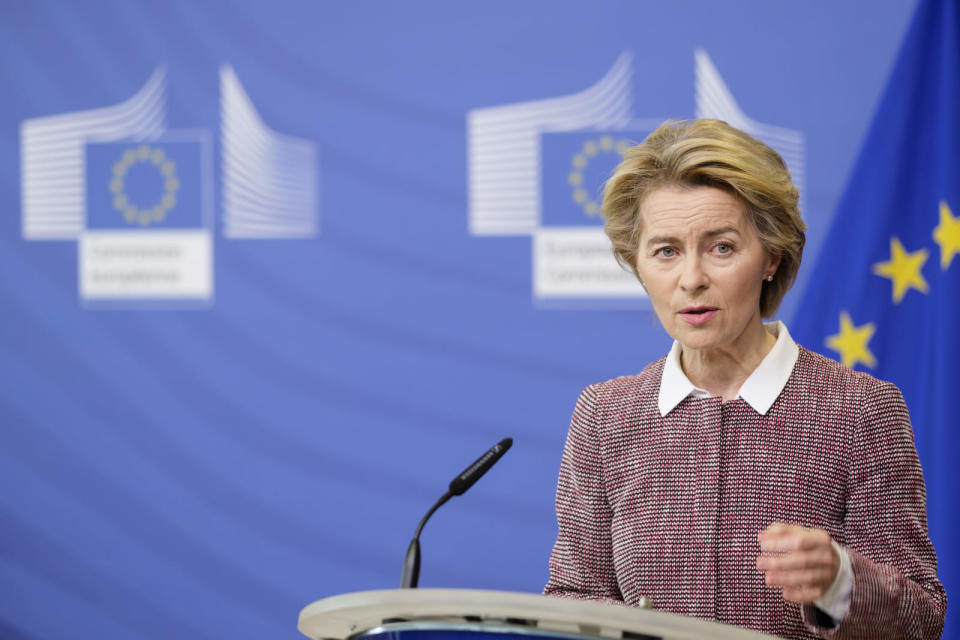The EU outlines its plan to compete with big tech
The union will offer a common market for data-sharing, work on new rules for AI and invest in homegrown companies.
The European Union has outlined the start of its vision to boost its opportunities in our rapidly digitizing future. As part of a push to make the Union ready for the digital age, it has published a white paper and begun consulting about how it can best control its own destiny. After all, the EU may be a bigger market than the US, but it has struggled to produce homegrown alternatives to Facebook, Google and Microsoft.
Artificial intelligence (AI) is the justification for the shift, with policymakers saying that the technology represents a large change in how we live our lives. That includes how AI can alter markets like healthcare, manufacturing, transportation, advertising, policing, education and advertising. And, of course, there's the looming specter of how these technologies can be used to avert, or avoid, the perils of climate change.
Because the EU has a slow, consultative approach, the documentation is light on detail beyond outlining the key goals of the plan. That includes creating a single market for data, developing "local" technologies and ensuring that AI regulation is effective. For instance, the EU is concerned that AI could be used to circumvent some of the laws it implemented under its General Data Protection Regulations.
In Europe, we have all what we need to shape our digital future. With the #DigitalEU strategy we adopted today, we want to give each European, each business, and our industry and societies the chance to fully benefit from the digital transformation ➡️ https://t.co/H45itKEVcE pic.twitter.com/WAmIuEnJvw
— Ursula von der Leyen (@vonderleyen) February 19, 2020
There are other concerns, like how AI could be used by law enforcement to curtail people's fundamental rights. Given the continent's history, there's a general unwillingness to allow computers to discriminate on grounds that are currently protected by law. Which is why there are plans to see how AI regulation can be codified to make these systems transparent and its users accountable in law.
To boost 🇪🇺 AI, we want to attract more than €20bn/year during the next 10 years. AI is all about data. To use it at large scale, we need to pool it. We'll create a single market for data in the🇪🇺 & want to trigger investments of €4-6bn in EU data spaces & cloud infrastructures
— Ursula von der Leyen (@vonderleyen) February 19, 2020
The plan is backed up with money, and cash will be pumped into financing developments to create new and useful AI systems. €100 million ($107 million) will be available initially, with more cash coming in the future should these projects prove successful.
In a statement, European Comission Ursula von der Leyen said that the plan represents a way for Europe to bolster its sovereignty, enabling it to "make its own choices, based on its own values, respecting its own rules." It remains to be seen


